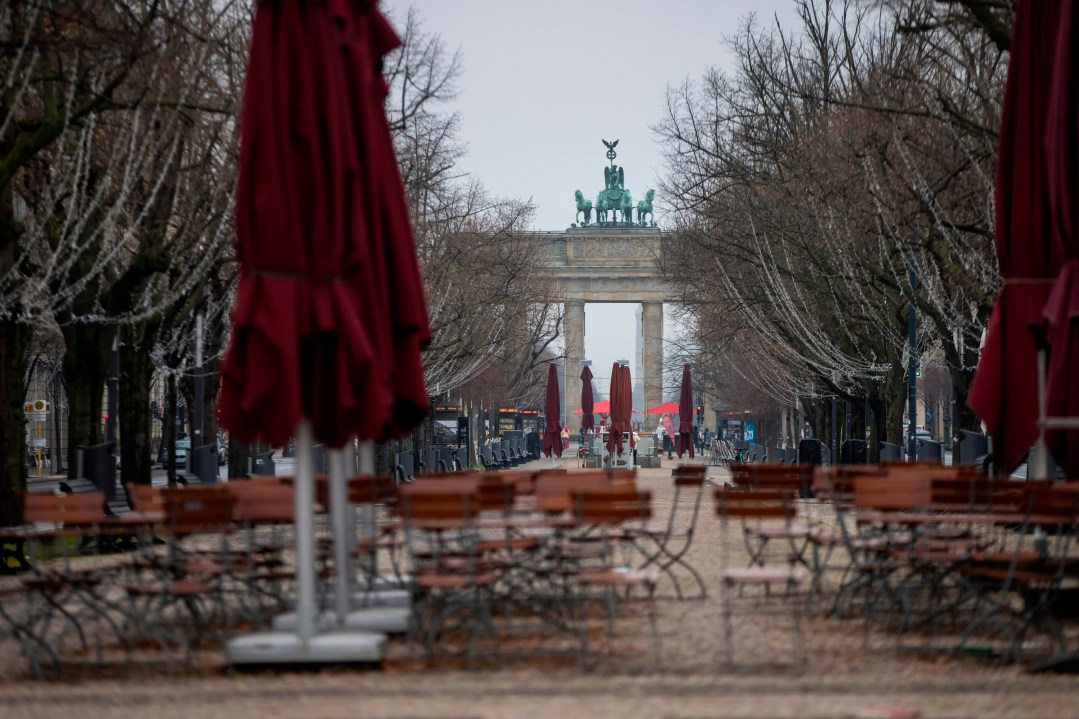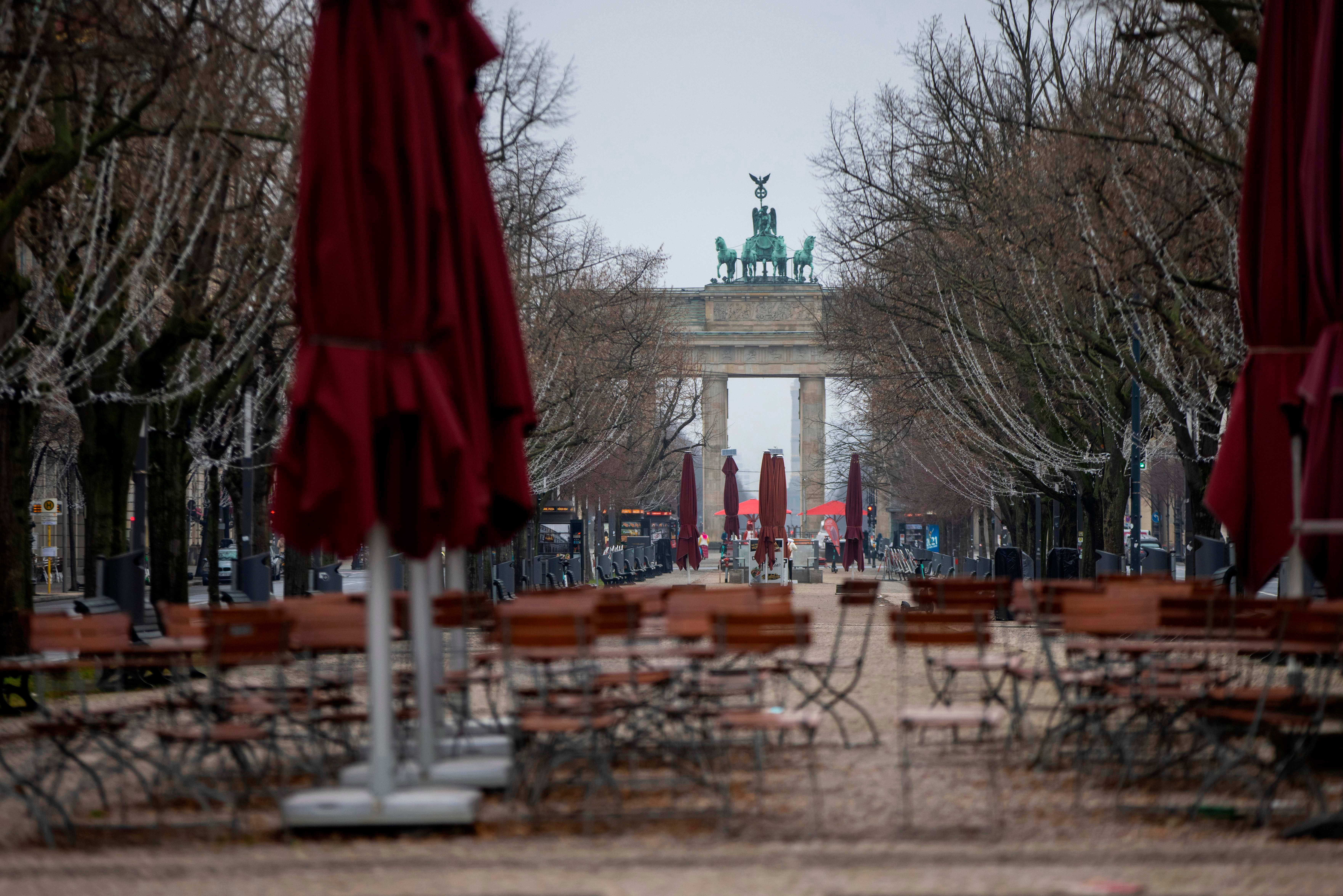Germany’s new lockdown has hit its people like a lightning bolt. On Tuesday, Angela Merkel and the 16 federal state leaders decided that those in coronavirus hotspots should not be allowed to travel beyond a nine-mile radius (15 kilometres) if they don’t have a valid reason.
Valid reasons include a visit to a doctor’s office, shopping for necessities and commuting to work. Yet many Germans feel that the new regulations are arbitrary and affect rural areas much more than cities. The nine-mile radius as a metric is added to the edge of the town, meaning that those living in a large city still have a lot of space where they can move freely. Meanwhile, those in rural areas might not even be able to visit their relatives who live three villages away.
Many Germans feel the new regulations are arbitrary and affect rural areas much more than cities
These restrictions on movement are seen as the best way to keep people in their homes as much as possible — fewer contacts between individuals mean fewer infections. The new rules are motivated by fear of highly-infectious mutations and by frustrations about the continuous rise of infection rates. German government officials hope that with yet another hard lockdown they might be able to push the seven-day incidence rate below 50 infections per 100,000 residents.
Before Tuesday’s meeting, one expert from the Max Planck Institute — Germany’s leading scientific institute — suggested that the governments should consider a strict stay-at-home order or a three-mile radius. Several state premiers rejected these ideas because they knew they could not have handled the political backlash. Even the regulations they have agreed upon could backfire against Merkel’s Christian Democrats who are particularly popular in rural areas.
Some think that such regulations cannot be constitutional. Article 28a of the Infection Protection Act, which was updated in November, enables contact restrictions and the restriction on movement. According to the law, these restrictions are only allowed when all other possible measures to contain the spread of Covid-19 have been deemed ineffective. That is why the new regulation can only be applied in coronavirus hotspots where, despite other measures, the seven-day incidence rate remains above 200. It nevertheless interferes with the ‘general freedom of action’ stated in article 2 of the German Grundgesetz, the country’s constitution, and possibly the principle of freedom of movement stated in article 11. Such interference is only legal if the government can prove its legitimate purpose and show that the measure can effectively accomplish that purpose.
German courts will have to assess if the nine-mile rule is necessary to contain the spread of the virus or if other, less intrusive measures would be enough. Meanwhile, the governing parties in Germany, especially Merkel’s Christian Democrats, will have to assess whether it is sensible from a political point of view to interfere with people’s freedom even more than they already did in previous months.







Comments